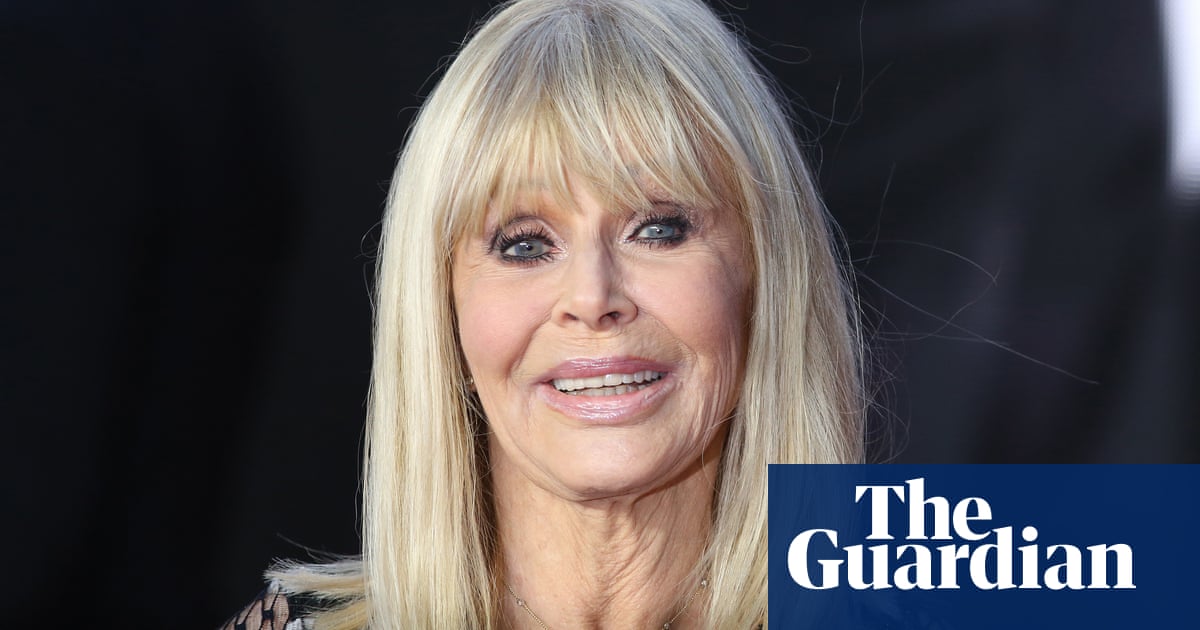
Neil Young this week issued Spotify with a blunt ultimatum: it’s me or Joe Rogan. The Canadian-American musician criticised its exclusive hosting of the Joe Rogan Experience podcast in a letter to his manager and record label published online, which asked his music be removed from the streaming service. Spotify chose Rogan, removing Young’s entire back catalogue.
Young’s objections were based on what he saw as “life-threatening Covid misinformation” being pushed by Rogan. This claim was supported in a letter sent to the streaming service earlier this month, signed by 270 medical and scientific professionals who called for Spotify to stop spreading Rogan’s unfounded point of view. Young had the courage of his convictions – and the backing of his long-term label Reprise Records (part of Warner Music Group), because, as he said in a statement on his website, removing his music would mean “losing 60% of my worldwide streaming income in the name of Truth”.
The decision from Spotify draws an entirely new battle line for the service when facing down artists. In the past, fights tended to be around commercial issues, with artists arguing the micro-payments it made for streams were unfairly low; this new conflict is remarkable for being entirely ideological. These recent moves feel like a grand betrayal of Spotify’s roots in liberal Sweden, where it was founded. This is a company where diversity is applauded, paternity leave is encouraged, the mental wellbeing of staff is deemed paramount and efforts to promote artists from outside of a heterosexual and Caucasian orthodoxy have become part of the raison d’etre – such as the Unlike Any Other initiative around Pride 2020 and the Frequency campaign in 2021, which was intended to help elevate Black artists.
What is unfolding is a complex ethical and financial conundrum for Daniel Ek, Spotify’s co-founder and CEO. Is he happy for Spotify to amplify medical misinformation through, among others, its crown-jewel podcast, a show it paid a rumoured $100m (£75m) to have on an exclusive basis? Or will he have the company tightly police and factcheck what its podcasters say? The rapidly curdling, and inherently Faustian nature of the Rogan deal should not surprise anyone. Rogangate says a tremendous amount about Spotify’s new priorities. No longer just a music streaming service, Spotify now regards itself as an audio platform and podcasting as its new centre of gravity. Part of the appeal of podcasts for Spotify is that they represent a different type of listening: rather than an album every two or three years from a favourite artist, there is new content every week, at least. Such frequency of output reinforces consumer loyalty – and so subscribers – far better than any single artist can, which may be why Spotify is so hesitant to let Rogan go, or even just to curb some of his more extreme opinions. Rogan draws in listeners – with an estimated 11 million for each episode – and he holds them there.
We can date the shift to April 2018, when the company launched its direct listing on the New York stock exchange – and Manhattan, rather than Stockholm, became the company’s geographical and cultural epicentre. This was the moment Spotify became more Wall Street, and less Stortorget. Spotify has a history of making bad decisions. There was an ugly and public war with Taylor Swift in 2014 over its royalty rates. Then there was its bungled “hate content and hateful conduct” policy in 2018, which was seen to remove a disproportionate amount of content by Black artists. But in those instances, Spotify eventually softened its stance. This tendency to conciliation has collapsed as the company recalibrates its ethical and ideological viewpoints to be much more American: naked capitalism, regardless of the negative consequences, seems now to triumph internally at the company over all.
The problem, though, with not just flirting with, but financially enabling, someone who prides themselves on “saying the unsayable” is that they may go further and wilder with every utterance. It’s not as if Spotify was hoodwinked into giving Rogan a show: he self-produced his podcast since 2009 and the media provider signed him up precisely because the controversy he generates brings in audiences. While it might make sense in terms of its balance sheet, fighting Rogan’s corner could prove to be Spotify’s most reckless, arrogant and hubristic decision yet: the ultimate cost being not its market cap, but its reputation, its listeners’ loyalty and its soul.
Eamonn Forde is a music business and technology journalist












